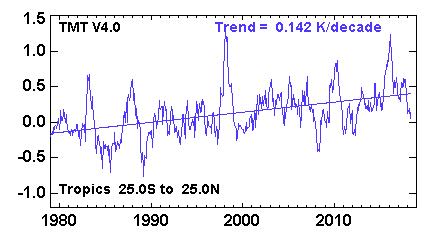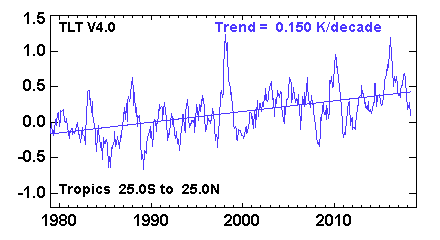Forgive me if I misinterpreted this as being insensitive. I can see your point. I guess I think of fish having eyes, and responding to my presents as their lifeline. However you still have an interesting point I believe. On one hand I would say any living thing that relies on your care to survive is considered a pet. However, having said that, I would not consider a houseplant a pet for example. So perhaps I am being insensitive in that respect.
Maybe insensitive .... was more a question. The irony for me is that even though I don’t think of my reef tank as a pet, I spend a significant amount of effort to keep them as healthy as possible. Recently got a standby generator and told my kids I did it for them .... I really did it for the reef tank. Go figure.






















